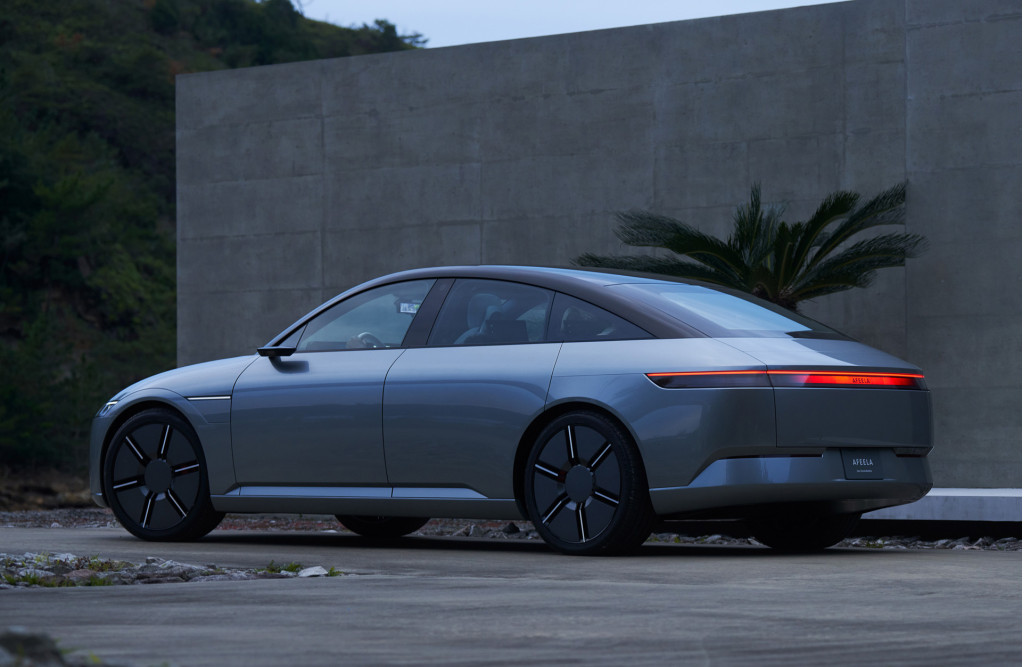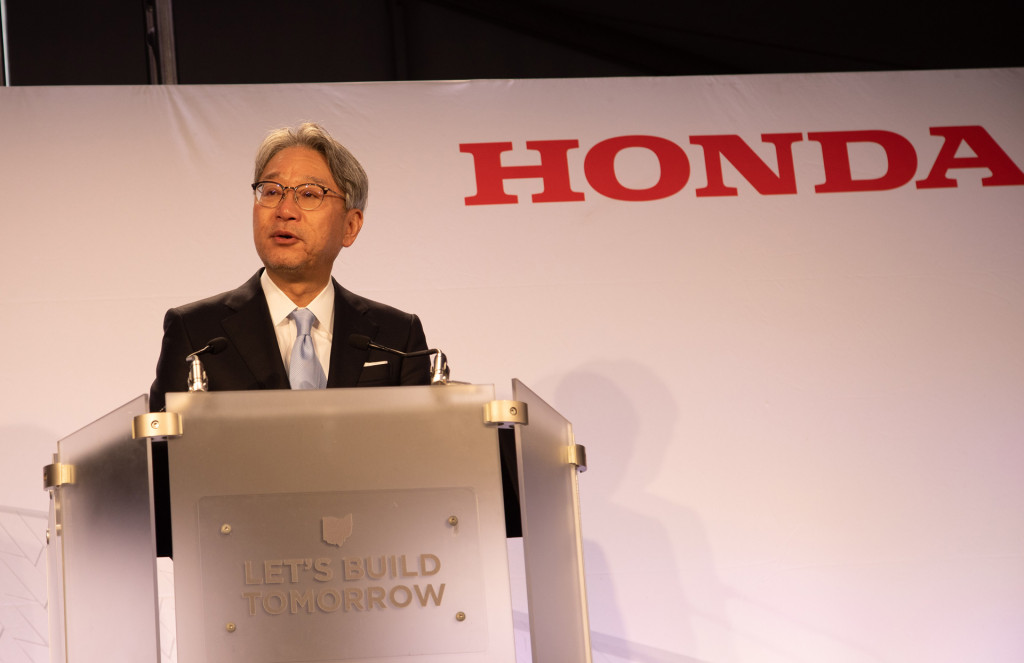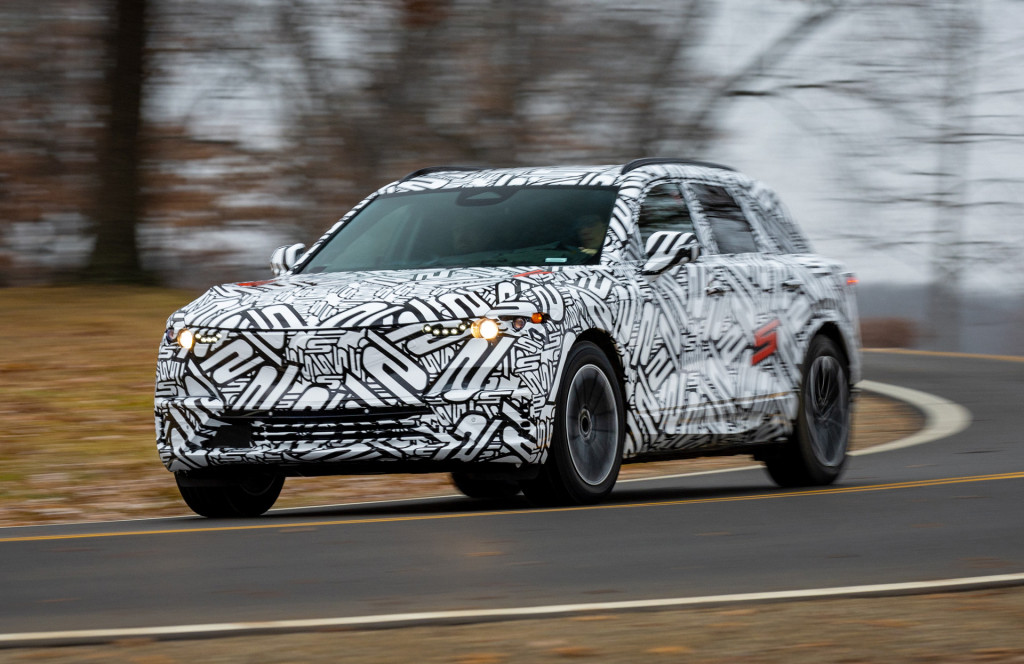After dragging its feet on battery-electric vehicles for years, Honda is now about to jump into the segment in a big way.
The automaker in 2024 will launch its first volume EV, an SUV called the Prologue, which is being developed on General Motors' Ultium platform and battery technology set. GM will also build the Prologue for Honda, as well as another electric SUV, the ZDX, for Honda's upmarket Acura brand.
Honda will then focus on the launch of new EVs based on an in-house developed platform, the e:Architecture, starting in 2026. A line of affordable EVs based on an additional platform co-developed with GM as part of an extended collaboration between the two automakers will follow in 2027.
There is also the new EV brand Afeela that Honda is developing with Sony. The first Afeela has been revealed as a sleek sedan that will go into production at a North American plant in 2025.

Afeela electric sedan prototype
Globally, Honda plans to launch 30 EVs by 2030—including two sports cars.
To manage all the EV efforts, including battery development and production, Honda plans to establish a standalone business unit next month, the automaker's CEO, Toshihiro Mibe, told Reuters in an interview published last week.

Toshihiro Mibe
Mibe said Honda is also investigating establishing its own network of charging stations similar to Tesla's Supercharger network, among other new business opportunities. Automakers like Volvo, Mercedes-Benz, and GM have all announced plans for their own charging networks in recent months, while Tesla has said it plans to open up some of its network to vehicles from other brands.
"The charging infrastructure is not at a place that it needs to be for our customers,” he said.

2024 Acura ZDX Type S prototype
The other opportunities he mentioned included advanced batteries, aerial vehicles, rockets, and carbon-neutral e-fuel, according to Reuters.
Despite the push into battery-electric vehicles, Mibe said hydrogen-electric vehicles equipped with fuel cells still have a part to play, as does the internal-combustion engine. In the case of the latter, Mibe told Reuters combustion engines could last through 2040 and beyond.
